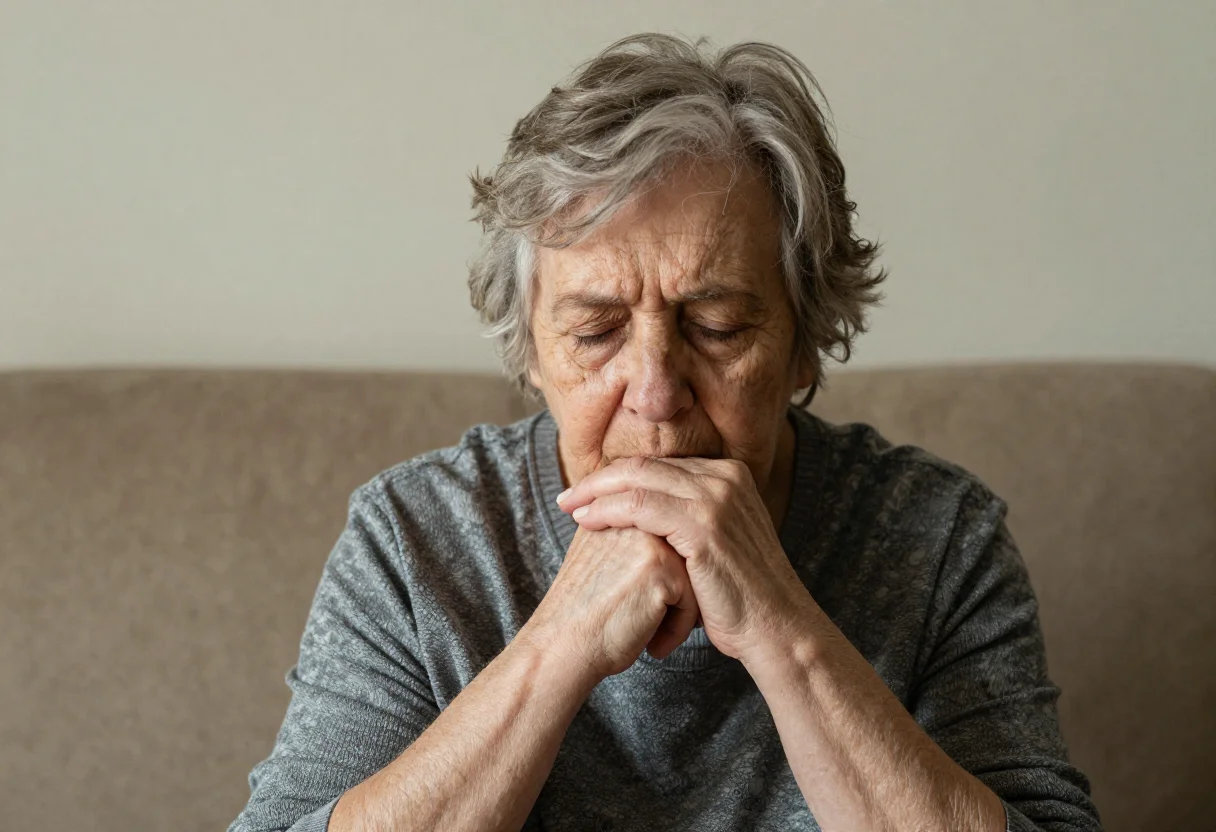
Accurate Medication Use and Counseling
Cancer treatments such as chemotherapy, immunotherapy, and targeted therapies are highly specific and complex. Pharmacists ensure these medications are prepared correctly and administered in the appropriate dosage. They also guide patients on how to use them properly and inform them about possible drug interactions.
Managing Side Effects
Aggressive treatments like chemotherapy can cause numerous side effects such as nausea, hair loss, and weakened immune function. Pharmacists offer supportive care recommendations to reduce these side effects and improve patients' quality of life. They are also aware of patients’ tendencies to turn to herbal supplements or complementary therapies and provide scientifically based advice. They remind patients that some herbal remedies may interact with chemotherapy and offer informed guidance.
Patient Education and Psychosocial Support
Cancer patients and their families are often overwhelmed with misinformation. Pharmacists provide reliable sources of information to properly educate patients and improve treatment adherence. They also serve as emotional guides, helping patients stay motivated and positive. A warm smile, a heartfelt conversation, or a few supportive words can mean a great deal to a patient. Pharmacists support not only the body but also the mind.
Combating Misinformation and Complementary Medicine
Many cancer patients seek out complementary and alternative treatments in addition to traditional therapies, which often leads to a flood of misinformation. Herbal products recommended online or by word of mouth may interact with chemotherapy drugs, reducing their effectiveness or even posing life-threatening risks.
This is where pharmacists play a critical role:
- They provide scientifically based guidance to ensure safe and effective support therapies.
- They assess drug-herb interactions to prevent harmful combinations.
- They protect patients from false hope peddlers and direct them to reliable sources.
- Such professional counseling from pharmacists is vital to protect both patients' health and the success of their treatment.
Nutrition and Supplement Recommendations
Nutrition plays a vital role during cancer treatment. Pharmacists can recommend dietary supplements, vitamins, and minerals to help strengthen the immune system. However, since some supplements may interact with chemotherapy, this process must be managed professionally. When patients ask, “Is this vitamin suitable for me?”, it’s the pharmacist’s evidence-based guidance that steps in.
Personalized Treatment Approaches and Digital Health
Today, advancements in pharmacogenetics and personalized medicine are shaping cancer care. Pharmacists contribute to the selection and dosing of medications based on a patient’s genetic profile, improving treatment effectiveness. They are also an integral part of digital health—supporting innovations such as mobile apps that remind patients to take their medications and AI-driven systems that track side effects. These technologies help patients stay informed and engaged in their treatment.
A Glimpse into a Pharmacist’s Daily Life
A pharmacist checks hundreds of prescriptions, prepares medications, and offers counseling daily. Yet, some patients leave a lasting impression. When a cancer patient thanks the pharmacist while picking up oncology medications, their connection goes beyond words. Simply saying, “You’re doing great with your treatment,” can give a patient the hope they need to get through the day.















